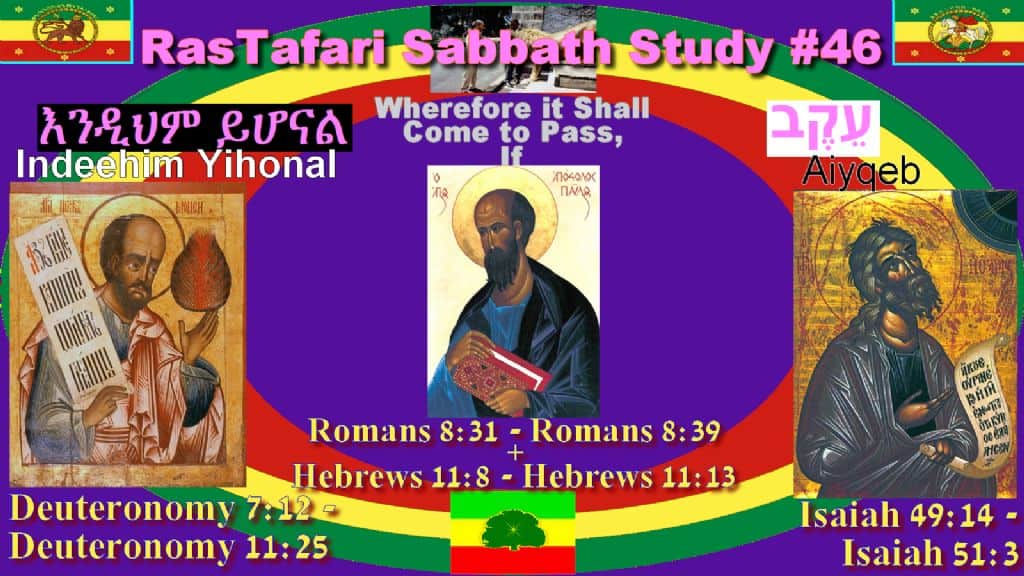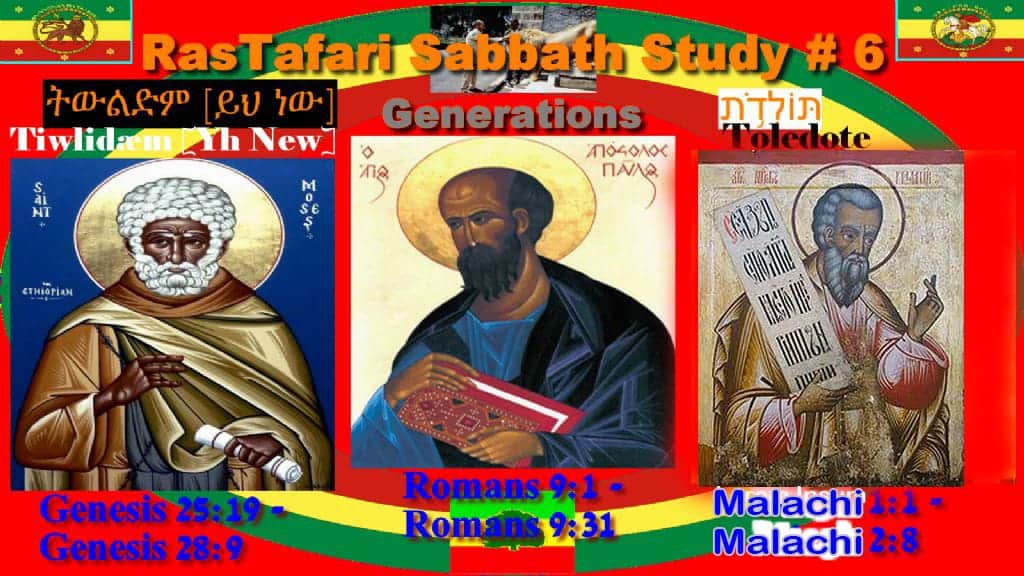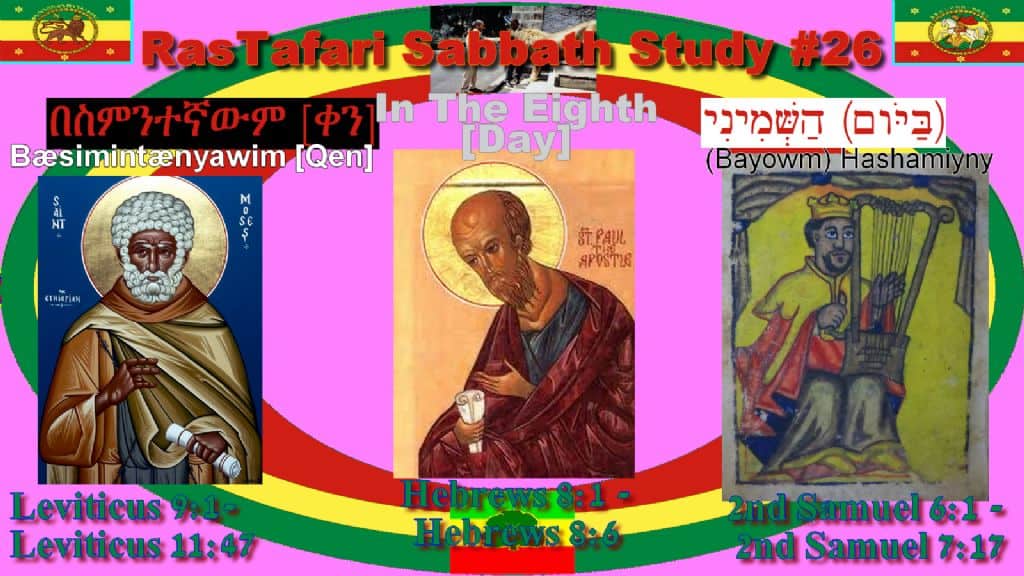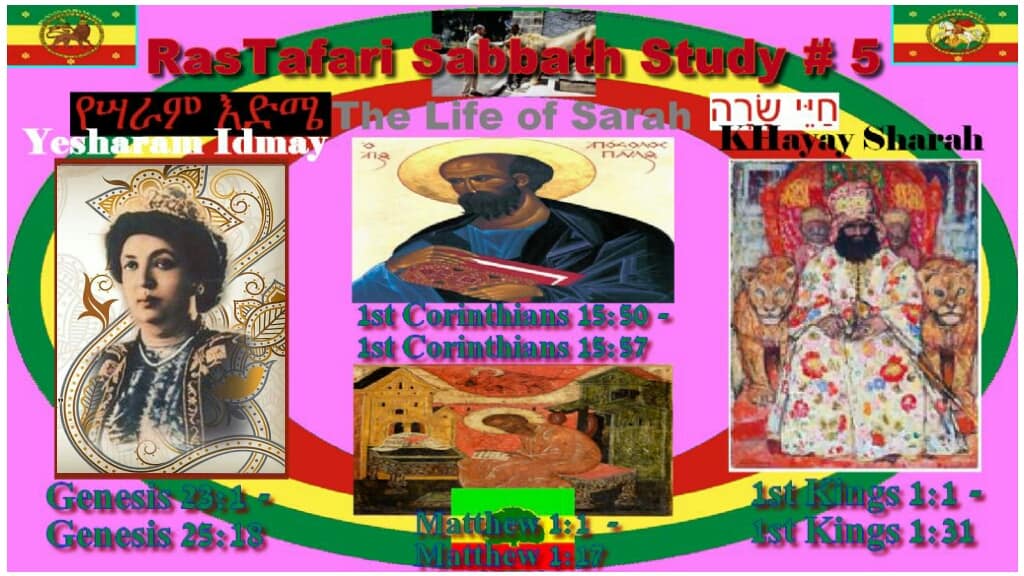This Week's Portion #46
Eikev | עקב | "Consequently" እንዲህም ይሆናል | Indih’h’m [y’honal]
*For a PDF version of All the Torah Portions Schedule, click here to download!
1. Torah Reading
2. Prophets Reading
Isaiah 49:14-51:3
3. New Testament Reading
Heb 11:8-13; Rom 8:31-39
Portion Outline - TORAH
- Deuteronomy 7:12 | Blessings for Obedience
- Deuteronomy 8:1 | A Warning Not to Forget God in Prosperity
- Deuteronomy 9:1 | The Consequences of Rebelling against God
- Deuteronomy 10:1 | The Second Pair of Tablets
- Deuteronomy 10:12 | The Essence of the Law
- Deuteronomy 11:1 | Rewards for Obedience
Portion Outline - PROPHETS
- Isaiah 49:8 | Zion's Children to Be Brought Home
- Isaiah 50:4 | The Servant's Humiliation and Vindication
- Isaiah 51:1 | Blessings in Store for God's People
Portion Study Book Download & Summary
 DEVARIM Hebrew Book of Deuterronomy - Torah Portion Vol.5 (FREE PDF)
DEVARIM Hebrew Book of Deuterronomy - Torah Portion Vol.5 (FREE PDF)
The forty-sixth reading from the Torah and the third reading from the book of Deuteronomy is named Ekev (עקב), a word from the first verse of the portion. Deuteronomy 7:12 says, “Then it shall come about, because (ekev, עקב) you listen to these judgments and keep and do them, that the LORD your God will keep with you His covenant and His lovingkindness which He swore to your forefathers.” Usually the word ekev means “heel.” In fact, this word shares the same three-letter root as the name Jacob (Yaakov, יעקב), whose name actually means “heel.” He was born holding on to Esau’s heel. However, in Deuteronomy 7:12, the word ekev means “on the heels of” or “because of.” This portion of Deuteronomy speaks of the rewards that will come to Israel on the heels of keeping God’s covenant and commandments.
Portion Commentary
Blessing God at Meals
Thought for the Week:
We thank You, our holy Father, for Your holy name that You have caused to dwell in our hearts, and for the knowledge, faithfulness and eternal life that You have made known to us through Your servant Yeshua. Yours is the glory forever. (First doxology of the grace after meals from the Didache as translated.)
Commentary:
When you have eaten and are satisfied, you shall bless the LORD your God for the good land which He has given you. (Deuteronomy 8:10)
In Christian homes, it is traditional to offer a prayer of thanksgiving before meals. This is a Christian tradition inherited from Judaism. In Judaism, it is traditional to bless God for the food He has provided prior to partaking of it. We read of Yeshua keeping this tradition several times in the Gospels. Sometimes Christians refer to this as "blessing the food," but in Judaism, the food is not blessed, God is blessed for providing the food. In any case, blessing God before meals is a precious tradition of the Master and one we would all do well to imitate.
However, the Torah commands us to also bless God after we have eaten. The Torah says, "When you have eaten and are satisfied, you shall bless the LORD your God for the good land which He has given you" (Deuteronomy 8:10).
The Torah gave this commandment to the children of Israel so that they would not forget God. The materialism of wealth and success are dangerous to our souls. When we are fat and happy, we are apt to ignore God, forget about His commandments and turn away from Him. Moses warned the children of Israel that their success and prosperity in the land of Israel would give them proud hearts and make them forget the LORD. He warned the Israelites not to tell themselves, "My power and the strength of my hand made me this wealth" (Deuteronomy 8:17).
This can be compared to a young student who received an allowance from his father while he studied. The monthly allowance covered all of his living expenses. His father also paid tuition for his son. So long as the student depended on the monthly allowance money from his father, he was careful to meet all of his father's expectations in school, write home frequently and live in keeping with his father's directives. After taking a campus job, though, the student found he no longer needed his father's monthly allowance for living expenses. He no longer worried about meeting his father's expectations. However, he forgot that his father was paying the tuition as well.
Judaism preserves an ancient after-meals prayer of thanksgiving that is still recited today. The four blessings of the traditional Grace After Meals can be found in any Jewish prayer book. The oldest version of Grace After Meals is preserved in the Didache. This early, apostolic-age Grace After Meals was composed by early believers. They recited it together after meals to fulfill the commandment of Deuteronomy 8:10. Like the traditional Jewish version of Grace After Meals, it consists of four blessings thanking God for provision and looking forward to the Messianic era.


![Eikev | עקב | "Consequently" እንዲህም ይሆናል | Indih’h’m [y’honal] Eikev | עקב | "Consequently" እንዲህም ይሆናል | Indih’h’m [y’honal]](https://rastafarigroundation.org/wp-content/uploads/2019/03/Discipleship-Radi0-RasTafari-Bible-Readings-46_1-1024x576.jpg)
![Eikev | עקב | "Consequently" እንዲህም ይሆናል | Indih’h’m [y’honal] Eikev | עקב | "Consequently" እንዲህም ይሆናል | Indih’h’m [y’honal]](https://rastafarigroundation.org/wp-content/uploads/2019/03/Discipleship-Radi0-RasTafari-Bible-Readings-46_2-1024x576.jpg)
![Eikev | עקב | "Consequently" እንዲህም ይሆናል | Indih’h’m [y’honal] Eikev | עקב | "Consequently" እንዲህም ይሆናል | Indih’h’m [y’honal]](https://rastafarigroundation.org/wp-content/uploads/2019/03/Discipleship-Radi0-RasTafari-Bible-Readings-46_3.jpg)







































































































